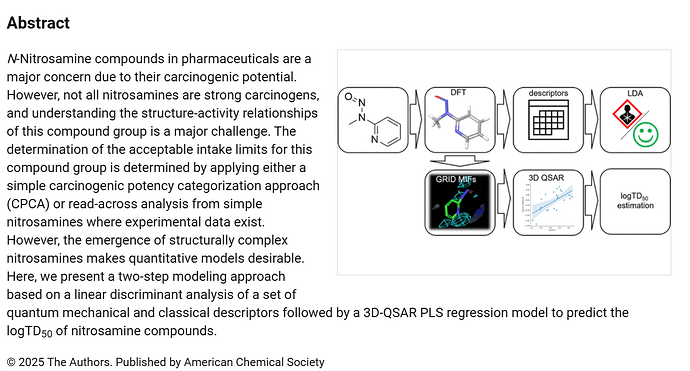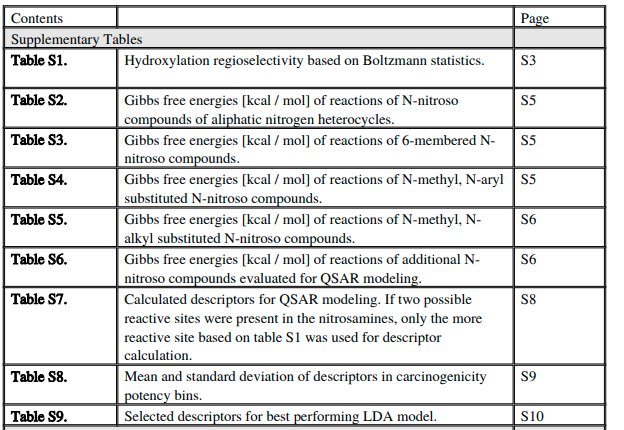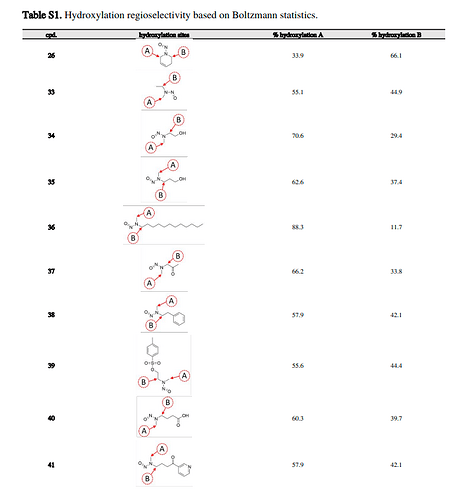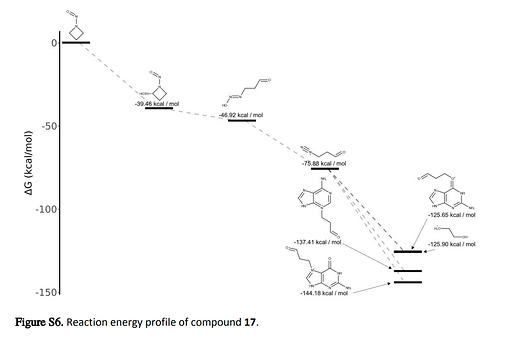Will this provide a way to accurately predict TD50 values?
Thank you for sharing this information, @MarkS. I agree not all nitrosamines are strong carcinogens. Quantum Chemical Evaluation is one key to predicting the carcinogenicity of unknown nitrosamine. I can not read the whole article, but it looks interesting.
Quantum Mechanical modelling for nitrosamines is not a new concept, and I do see its broader utility. Left some articles below. The CPCA was designed to be conservative, and based on basic structural features. The QM model can take on a broader mechanistic chemistry understanding for the ability to form the reactive metabolite, and react with DNA.
Quantum Mechanics requires some expertise, and either you can find it internally or externally. A good external contact that can run this for companies is Jakub Kostal from George Washington. He has a company called Toxfix (www.toxfix.org). jakub@toxfix.com.
Kostal and Voutchkova-Kostal 2023. Quantum-Mechanical Approach to Predicting the Carcinogenic Potency of N-Nitroso Impurities in Pharmaceuticals. Chem Res Toxicol. 2023 Feb 20;36(2):291-304. doi: 10.1021/acs.chemrestox.2c00380. Epub 2023 Feb 6.
Yu S et al., 2024. A Kinetic Model for Assessing Potential Nitrosamine Carcinogenicity. Chem Res Toxicol. doi: 10.1021/acs.chemrestox.4c00133
De et al., 2024. Quantum Mechanical Assessment of Nitrosamine Potency. Chem Res Toxicol. doi: 10.1021/acs.chemrestox.4c00087.
Göller AH et al., 2024. Quantum chemical calculations of nitrosamine activation and deactivation pathways for carcinogenicity risk assessment. Front Pharmacol. 15:1415266. doi: 10.3389/fphar.2024.1415266.



